
Latest Articles about Georgia
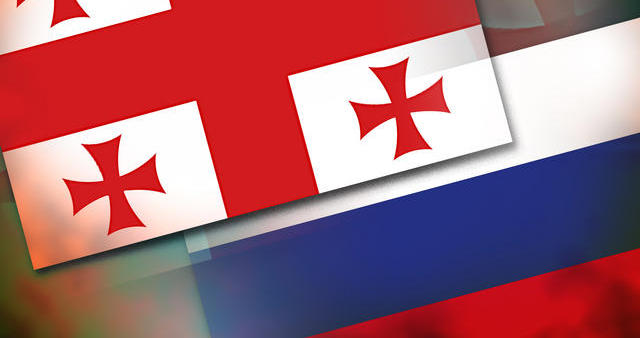
Frozen Conflict Paradigm Persists in the Geneva Process (Part One)
In October 2008, two months after Russia’s invasion of Georgia, a diplomatic process was launched in Geneva to implement the armistice agreements signed on August 12 and September 8 that year. Two and a half years later, the fifteenth round of negotiations concluded in Geneva... MORE
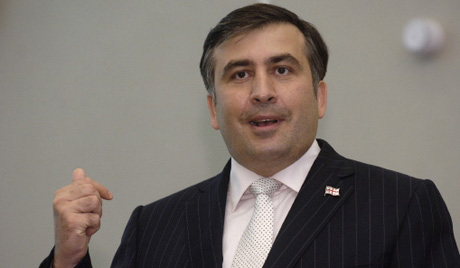
Georgia Provides More Security Than it Consumes
Addressing the annual international security forum in Munich –the highest-level NATO event between the Alliance’s summits–Georgian President, Mikheil Saakashvili, had the temerity to talk strategy. His address stood out in this year’s forum (February 5, 6), which focused on issues relating only indirectly to NATO... MORE
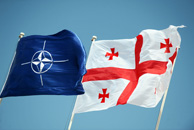
NATO Demonstrates Full Support for Georgia
On November 23, as Georgians marked the seventh anniversary of the Rose Revolution, a peaceful popular protest that opened new opportunities for the South Caucasus nation’s Euro-Atlantic integration, President Mikheil Saakashvili affirmed the country’s European identity as he addressed the European Parliament.(https://www.president.gov.ge/index.php?lang_id=ENG&sec_id=228&info_id=5857)On November 19-20, Saakashvili... MORE
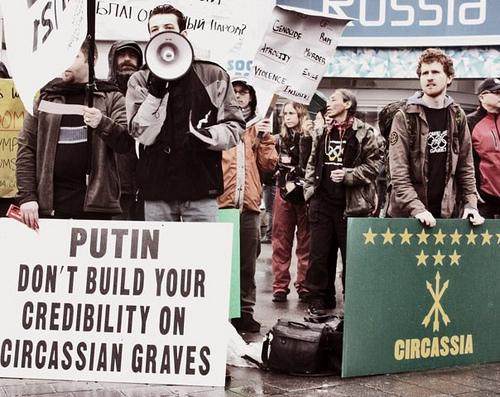
Circassians Step Up Their Activity as Georgian Politicians Consider Olympic Boycott
On November 19-21 in Tbilisi, Georgia, the Jamestown Foundation and Ilia State University held the second conference in the series on the volatile history and present of the North Caucasus. Part of the conference was dedicated to the issue of the Circassian “genocide,” that produced... MORE
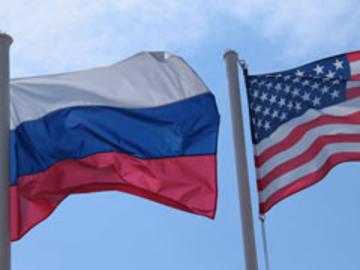
White House-Connected Think Tank Reframes U.S. Policy Toward Georgia (Part Two)
On the humanitarian situation, CAP’s study (Center for American Progress,“A New Approach to the Russia-Georgia Conflict,” October 2010, www.americanprogress.org) recommends US support for easing the movement of people and goods across demarcation lines between the secessionist territories and the rest of Georgia. “Ideally,” this would... MORE
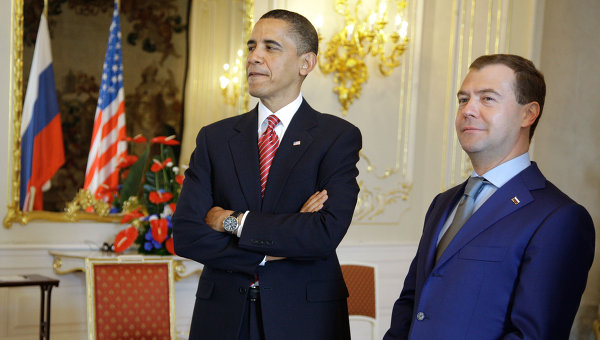
White House-Connected Think Tank Reframes U.S. Policy Toward Georgia (Part One)
Former US administrations of both parties formulated their policies toward Georgia in a context of European and Euro-Atlantic interests. Viewing Georgia (along with Azerbaijan) as a strategic asset for energy transit to Europe and for Allied outreach to Asia, those US administrations led the way... MORE
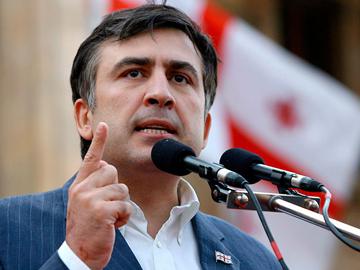
Georgia’s New Threat Assessment Document Identifies Russia as a Main Threat
On September 2, 2010, the Georgian President, Mikheil Saakashvili, signed Order No.707, which approved the adoption of the Georgia’s Threat Assessment Document for 2010-2013. In accordance with Article 61 of Georgia’s General Administrative Code, the aforementioned document replaced the previous Threat Assessment Document for 2007-2009,... MORE
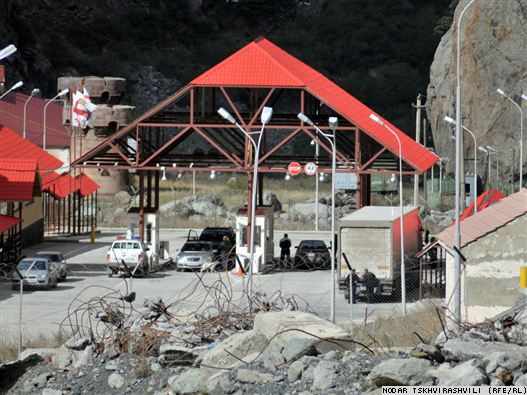
Moscow angered by Georgian move that breaks the North Caucasus’ isolation
On October 13, the Georgian government unilaterally introduced a visa-free regime for the North Caucasians. Tbilisi’s surprise move evoked divergent reactions in Russia - furious criticism from Russian officials and tacit appreciation across the North Caucasus. The new rules affect Adygea, Chechnya, Dagestan, Ingushetia, Kabardino-Balkaria,... MORE
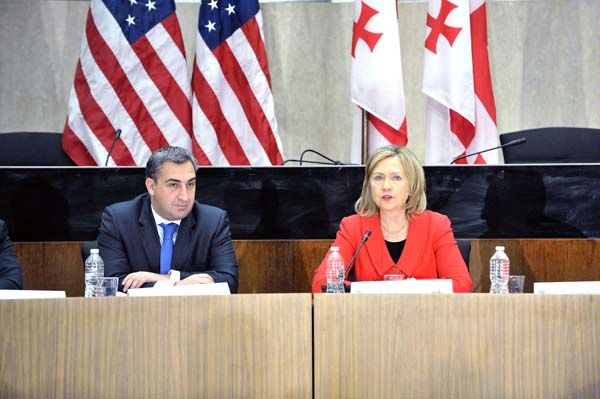
U.S., Georgia Hold Meeting Under Strategic Partnership Charter
The second annual meeting under the US-Georgia Charter on Strategic Partnership was held on October 6 in Washington. Led by Secretary of State Hillary Clinton and Prime Minister Nika Gilauri, respectively, the delegations held an ‘’omnibus’’ meeting –- that is, one encompassing the Charter’s four... MORE
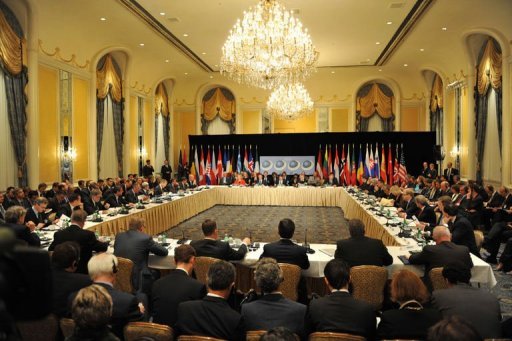
NATO’s Charm Offensive Towards Russia Falls on Deaf Ears
NATO officials have recently once again attempted to bridge differences with Russia in the run-up to the November NATO summit in Lisbon. President, Dmitry Medvedev, was invited to Lisbon for a parallel NATO-Russian Council summit. NATO’s Secretary-General, Anders Fogh Rasmussen, during an interview to Interfax... MORE